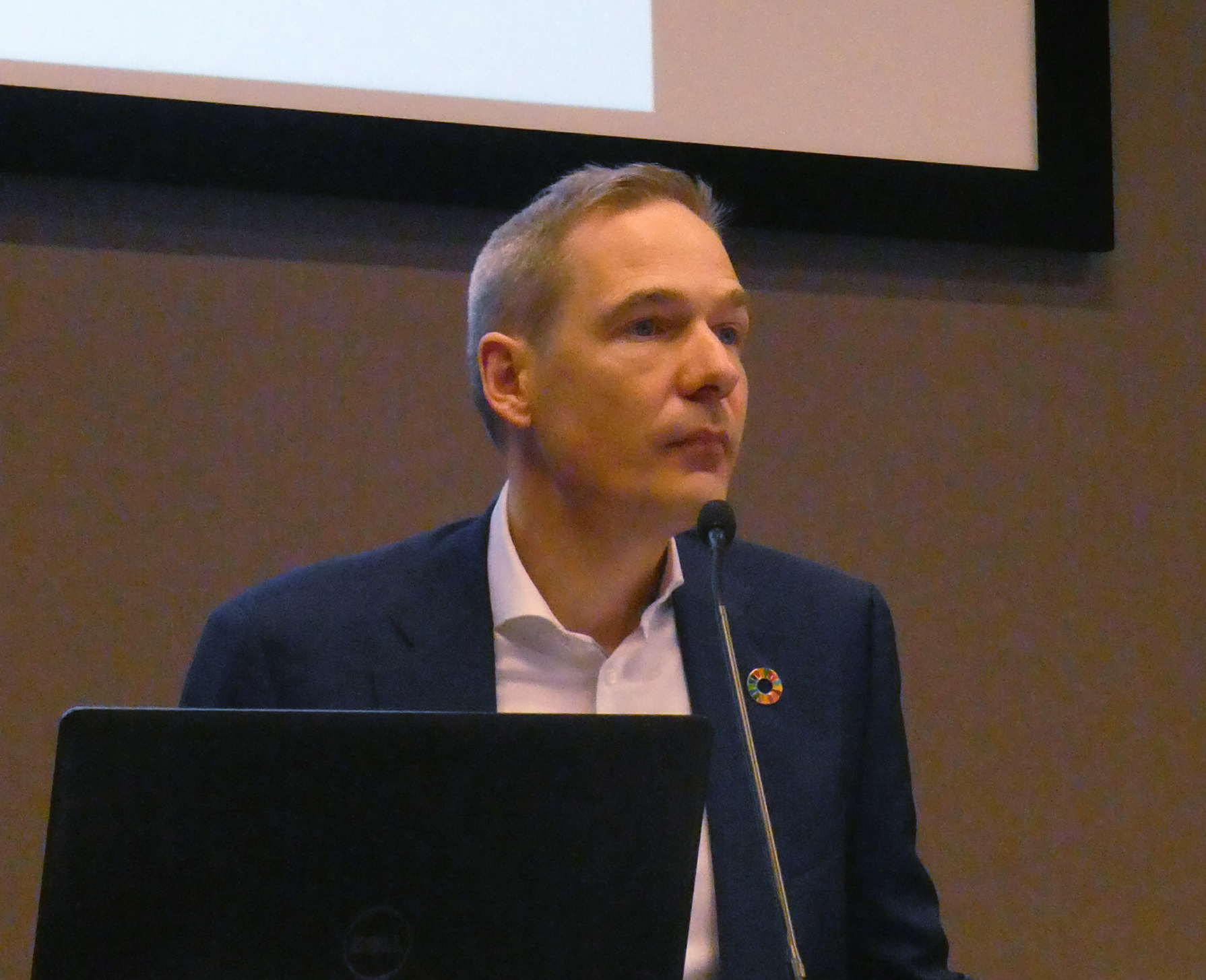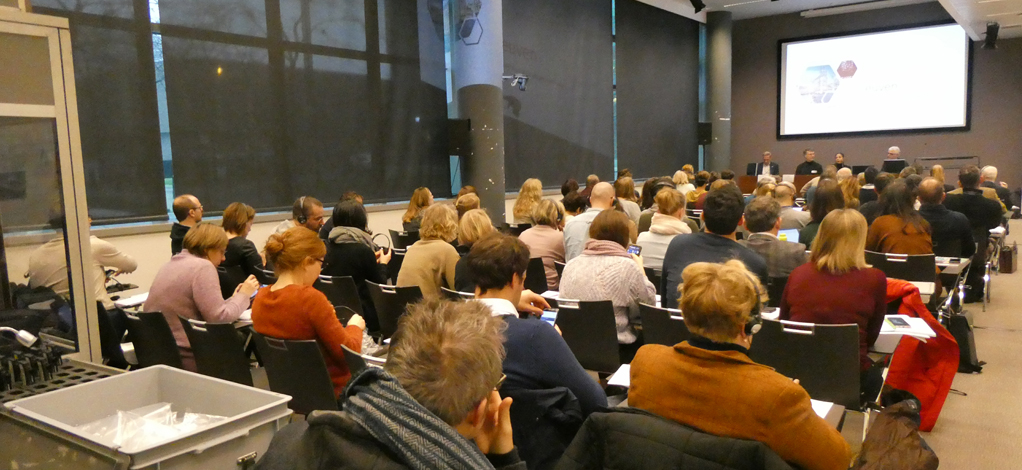Urban planning challenges and the 2030 agenda
On 24 January 2020, a conference gathered several European and Belgian urban development stakeholders in Brussels. An excellent opportunity to discuss the challenges and prospects for cities by 2030.
On 24 January 2020, the URBACT national contact point and the Federal Public Planning Service (PPS) Social Integrationorganised a morning of exchanges, with the support of Brussels International, VLAIO and Wallonie-Bruxelles International, on the topic of urban planning and the 2030 agenda. The conference, which was organised in Brussels, aimed to gather Belgian cities and municipalities to discuss urban planning challenges in Belgium and Europe in the next ten years.
Urban issues, a major European challenge
Thomas De Béthune, Team Leader for Urban Policy for the European Commission’s DG REGIO, was the keynote speaker.

Urban issues are a major challenge for the Commission and urban development is a main priority in the development of the European Union (EU). Many of the decisions that are taken on the European level are actually implemented on the city level. Moreover, 75% of all Europeans live in the city, and 85% of GDP is generated in these cities.
Thomas De Béthune insisted on the EU’s commitment to develop an integrated, localised and polycentric approach, aimed at reinforcing the complementarity of European cities, without turning them into competitors. The Commission has therefore proposed to establish a “European urban initiative” for the EU’s future multiannual framework, which groups the support tools that cities can use to become more effective.
The example of Leuven: challenges and citizen participation
Then the programme shifted to the local level. Lalynn Wadera, the Alderwoman for Economy and Diversity of Leuven, elaborated on the challenges and priorities for her city in the years to come, such as rewarding jobs, close to home, living together in diversity, reduction of the carbon footprint and combating poverty. The City of Leuven has decided to tackle these challenges with the help of citizen participation, making decisions in consultation with local stakeholders (citizens, businesses, experts…).
The future of urban planning: calls for initiatives
To inspire the participants, the organisers also invited Ariella Masboungi, a French architect and urban planner who won the 2016 French Grand Prix de l’Urbanisme. She presented her vision on the future of urban planning, starting from some major European projects, and insisting on the forecasted end of “major projects”. The lack of funds forces cities to resort to calls for initiatives, enabling urban planners to propose new ideas for smaller projects to the authorities, which give new meaning to the overall vision on the city.
URBACT ROOF: housing to promote social integration
At the end of the morning, the cities of Ghent and Liège presented the URBACT ROOF project on which they are collaborating – with seven other European cities – with the aim of strengthening and disseminating the Housing First model in Europe. This model seeks to change the prevailing approach for the social integration of homeless people. It sees housing as the first crucial step after which it focuses on other aspects of homelessness such as health, addiction, etc. At the end of the ROOF project, every city will have established an action plan for the model’s development so it can be adapted to every city’s reality.




